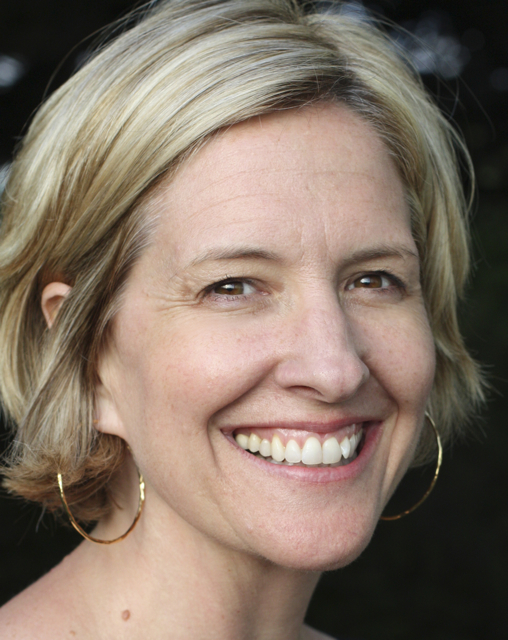 As a vulnerability researcher, I’ve noticed a pattern in my conversations and interviews with leaders and entrepreneurs. Within a very short period of time, our discussions become deeply personal and there’s an evolution that moves from This is how I lead to This is who I am to These are the people I love.
As a vulnerability researcher, I’ve noticed a pattern in my conversations and interviews with leaders and entrepreneurs. Within a very short period of time, our discussions become deeply personal and there’s an evolution that moves from This is how I lead to This is who I am to These are the people I love.
We often start by discussing issues like transparency in high-performance cultures, but invariably we land on issues like authenticity and values in leadership. These topics give way to deeper explorations of what it means to let ourselves be seen and to cultivate meaningful connection with the people in our lives – especially our families.
As someone who is intimately familiar with overachieving, I recognize the angst behind the questions I hear from men and women who have accomplished so much professionally but struggle to stay connected personally. Questions ranging from “Why am I so engaged at work, yet I feel increasingly disconnected from my wife and children?” to “How do I turn off the self-critical instincts that serve me as a leader? I don’t want to be that kind of mother.”
Many of us have spent the majority of our adult lives in jobs that train us to outrun and outsmart the experience that underpins love and connection – vulnerability. We wake up in the morning, put on our armor, and march into the office thinking, “I will protect myself. I will not let you see my self-doubt or my fear. I will put on my ‘boss’ face.”
We manage a slew of employees and relationships, act serious in business meetings, send Blackberry messages from bed at 3 a.m. We perform, perfect and prove ourselves all day long. In fact, I often call perfectionism the 20-ton shield. We lug it around thinking that as long as we look, live, act and work as though we’re perfect, we’re protected from criticism and blame.
This emotional armor we bring to work is heavy, and the weaponry takes a long time to assemble, so when we get home in the evenings, we don’t put it away. It’s too much trouble and, frankly, it’s too risky. Home can also be a place where performing and perfecting are expected. With everyone’s vulnerability shielded, our families are together, but we really don’t see one another.
We start to manage situations and micromanage the people around us, not just at work but in the rest of our lives as well. We make what is uncertain certain, no matter what the cost. We basically stay so busy that the truth of our lives can never catch up. We look confident on the outside and feel scared on the inside.
One of the most commonly held and dangerous myths about vulnerability is that being vulnerable means being weak. Yet vulnerability is simply the uncertainty, exposure and emotional risk we face every day, from asking for help at home to asking for help at work. The problem is that most of us have lost our tolerance for it. But when we push vulnerability away at work, we tend to unknowingly push it away at home as well—and end up pushing away all of the experiences that bring meaning to our lives.
Vulnerability is indeed the center of difficult experiences like fear, disappointment and shame, but it is also the birthplace of love, belonging, joy, creativity, innovation, authenticity and engagement.
It is not weakness, and the uncertainty we face every day is not optional, whether with our families or with our careers. Our only choice is a question of engagement. Our willingness to own our vulnerability determines the depth of our courage, the clarity of our purpose and the fullness of our life. As Madeleine L’Engle writes, “When we were children, we used to think that when we were grown-up we would no longer be vulnerable. But to grow up is to accept vulnerability . . . To be alive is to be vulnerable.”
This article was originally published on The Washington Post.
Dr. Brené Brown is a researcher, writer, and a unique speaker whose reputation is built on her ability to explore vulnerable topics with tremendous honesty, warmth, and humor. She is a leading expert on Authenticity, Vulnerability and Courage; and the author of The Gifts of Imperfection: Letting Go of Who We Think We Should Be and Embracing Who We Are.